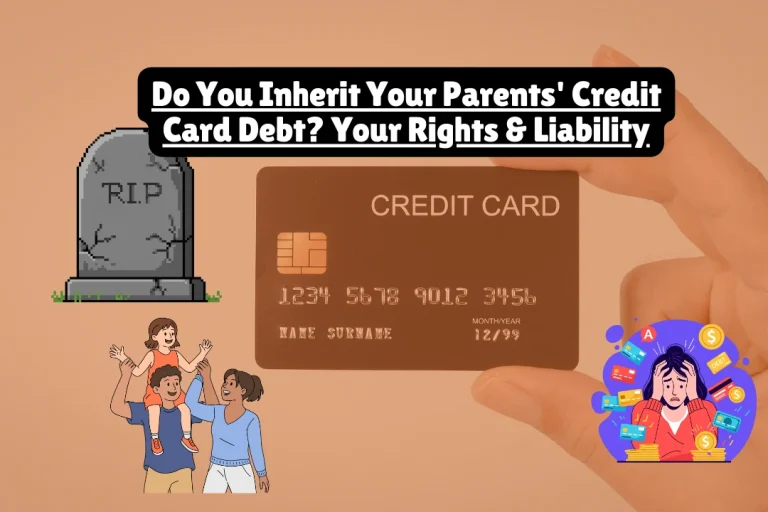Is CCS a Legitimate Debt Collector? What You Need to Know
1. Who is CCS and Why Are They Calling You? If you have seen “CCS” pop up on your caller ID or received a letter from Credit Collection Services, you are likely dealing with one of the largest debt collection agencies in the United States. Headquartered in Newton, Massachusetts, CCS (often operating as CCS Companies)…









